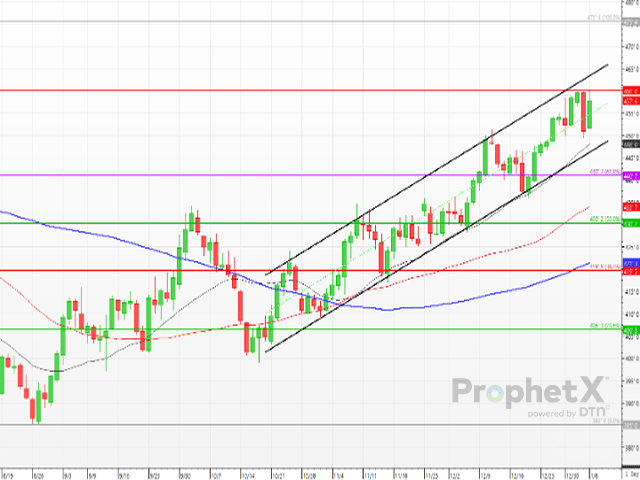
Spot Bitcoin ETFs vs. Bitcoin Futures ETFs: Here’s how they differ
Spot Bitcoin exchange-traded funds (ETFs) are among the newer entrants to the world of Bitcoin trading, joining Bitcoin futures ETFs, which have been trading since 2021. While both funds let traders wager on the price of Bitcoin cryptocurrency, they’re tremendously different in how they do so — and this difference has a vital impact on the funds’ performance.
Here’s how spot Bitcoin ETFs and Bitcoin futures ETFs work and what you need to know.
Here’s an overview of some key differences in spot Bitcoin ETFs and Bitcoin futures ETFs.
Like all exchange-traded funds, spot Bitcoin ETFs own an underlying asset, in this case Bitcoin. These funds purchase and store bitcoins, which comprise substantially all of the fund’s assets. As new money comes into the fund, the fund’s managers go out and purchase more bitcoins to hold. This type of Bitcoin ETF began trading in January 2024, following approval from the Securities and Exchange Commission.
This structure means that the funds track the actual price movement of Bitcoin closely. If Bitcoin rises by 10 percent, these funds will rise 10 percent, less any management fees. From an investor’s perspective, this ability to effectively track the price of Bitcoin is key, because it offers a way to effectively own the asset via the fund without having to purchase Bitcoin itself.
So if you want the price performance of the cryptocurrency and don’t want to work with a crypto exchange, a spot Bitcoin ETF can be a great idea. Plus, you won’t need to deal with the hassle of safely storing your own crypto, because the fund company does all that (part of why you’re paying the management fee). And you get the peace of mind that security is someone else’s job.
The best Bitcoin ETFs tend to charge low fees, and they’re easy to buy. You can even buy a fraction of a Bitcoin ETF share if you work with the best brokers for fractional share investing.
Bitcoin futures ETFs don’t own the cryptocurrency directly, but instead own futures contracts on the crypto, trying to ride the returns of the world’s largest cryptocurrency. Futures are a standardized contract in which a seller promises to deliver a certain number of bitcoins to the contract’s buyer on a specific day. The buyer puts up part of the contract’s total value to purchase the contract, and may be required to add more money over time if Bitcoin declines.
The manager of the Bitcoin futures ETF is doing all this work on behalf of the fund’s investors, and the actual investment returns are reflected in the growth of the fund’s net asset value.




